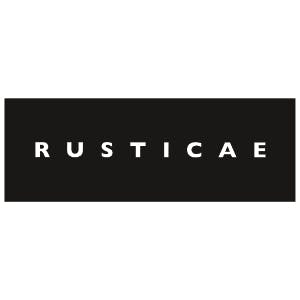


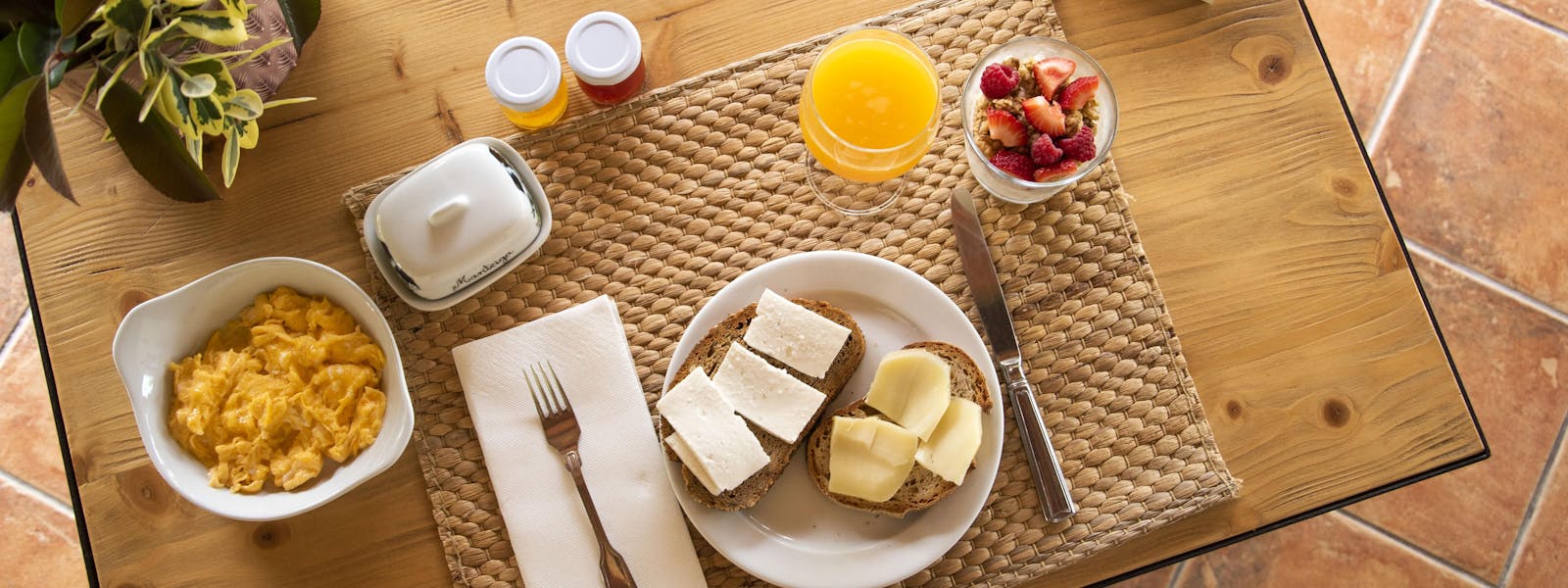
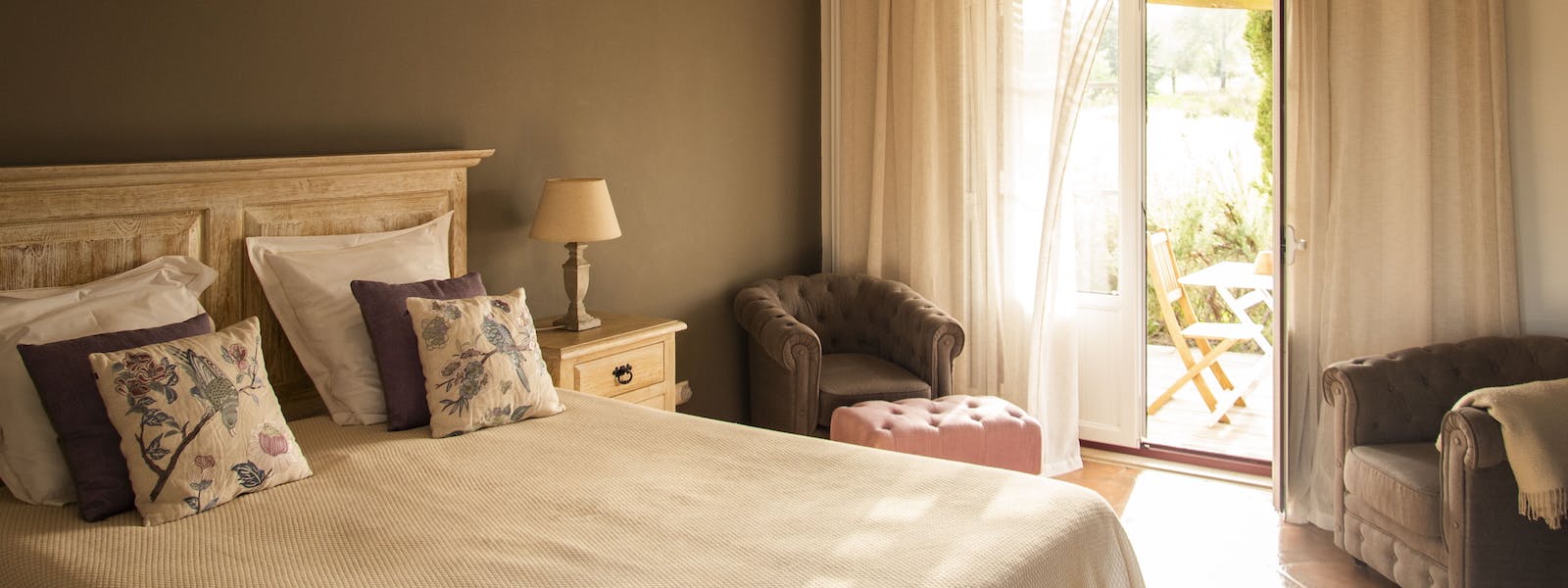


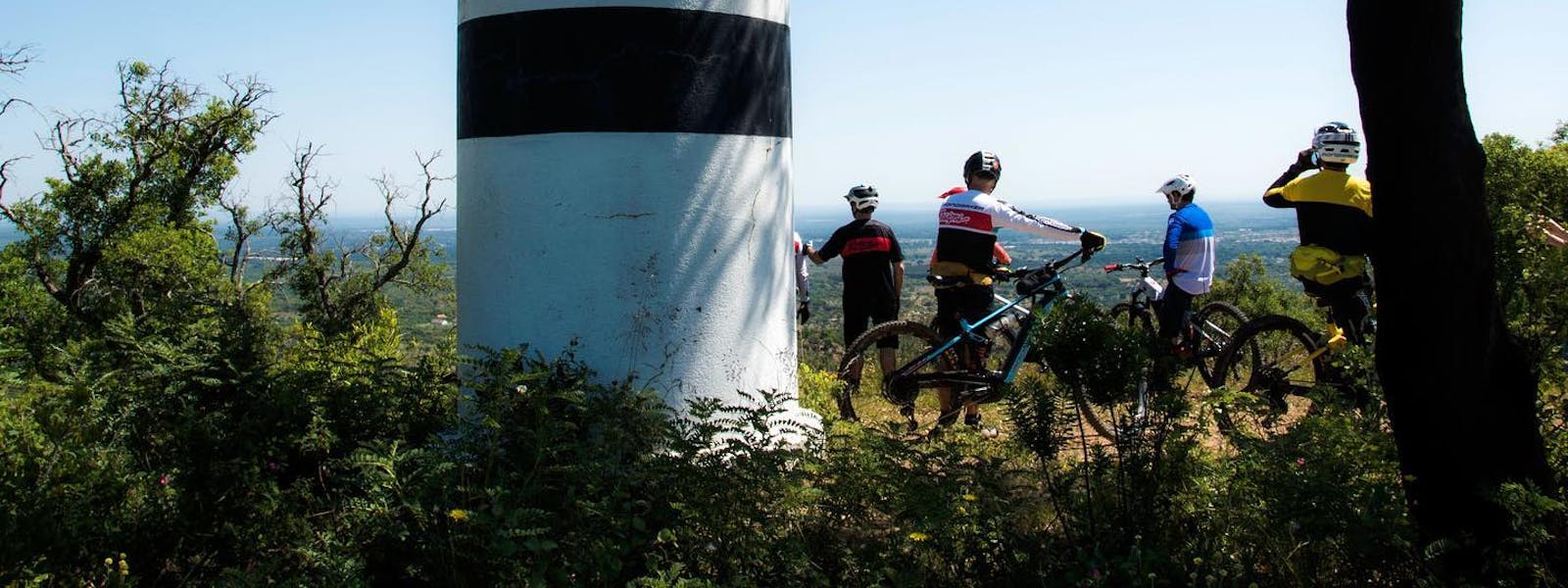
Family Estate and Country hotel in Grândola, inmersed in a Cork Oak Forest, with the beach minutes away. Authentic for 5 generations.
Ofertas & Escapadas
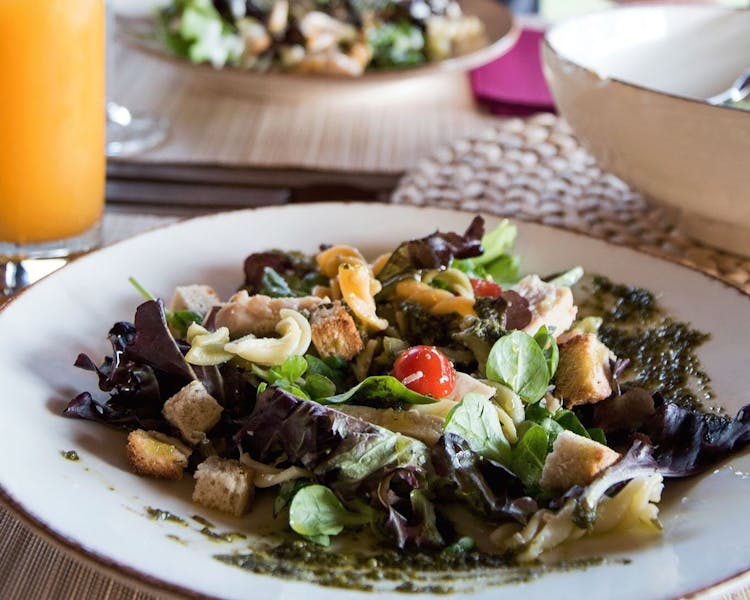
Getaway | Tasting
The Alentejo has a long gastronomic tradition, and we don't miss out on that. Also influenced by our tastes and travels and by everything that surrounds us, the Herdade's tapas are an ex-libris appreciated by all who visit us.
In this programme, enjoy one night for two people in a Superior double room (subject to availability) and a tasting with 5 tapas from our menu of your choice.
Available from February to June and October to December, from €200.00
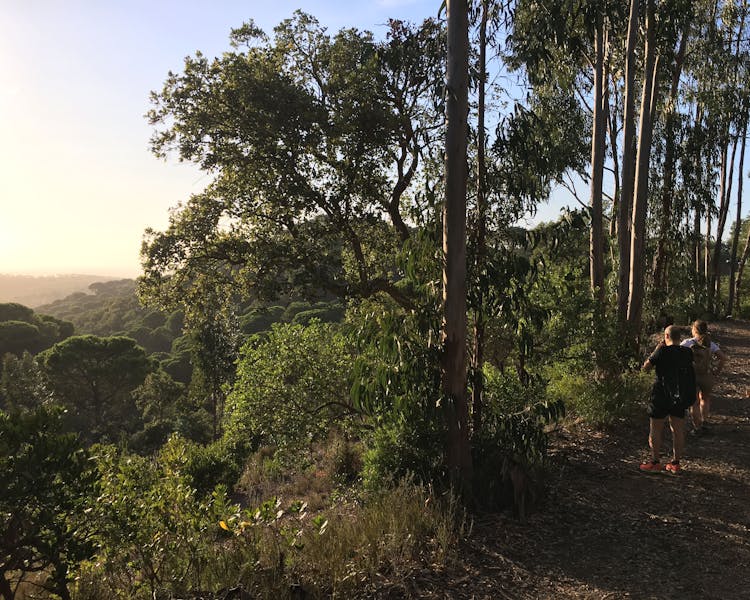
Getaway | Serra
This programme includes 1 night in a Superior double room (subject to availability), a guided tour of the Herdade's trails and a dinner for two.
Available between February and June, and from October to December from 250,00€.

Getaway | Outdoor and Relaxation
The Estate has 600 hectares of forest, in some areas almost untouched, full of centenary trees and incredible views.
In this offer, enjoy a night in a Junior Suite room (subject to availability), a guided electric mountain bike ride for one person and a 50-minute relaxation massage for one person.
Available from February to June and October to December, from €300.00
Contact us here to book or give to someone else
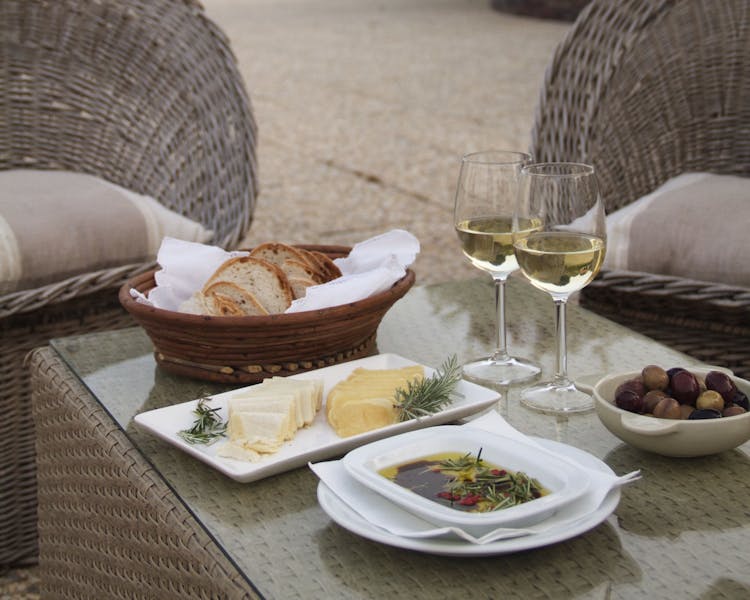
Getaway | Comfort
This programme includes one night for two people with breakfast in a Studio room (subject to availability), tapas for two by the fireplace in our lounge or in our fabulous garden, and a massage for one person.
Available between February and June, and from October to December from 280,00€.
Contact us here to book or give to someone else

Getaway | Tradition
Alentejo has many traditions and a rich gastronomy that is appreciated by all who visit the region.
In this programme, we combine the peace and comfort of a stay at the Herdade (in a Superior double room, subject to availability) with dinner for two in a traditional restaurant or our neighbouring tavern (menu excluding wine or other alcoholic drinks) .
Available from February to June and October to December, from 200,00 €.

Getaway | Feel the sand
Nature and forest surround our hotel and farm, and sometimes you forget you are just 15 minutes away from some of the best beaches in the country, from Melides to Comporta.
In this programme you can enjoy a stay in one of our double Superior Rooms for two (subject to availability), and a bespoke picnic prepared for a day at the beach in the typical offseason peace and quiet.
Available from February to June and October to December, from €180.00
Contact us here to book or give to someone else

Getaway | Wine cellar
Wine has a long tradition in the Alentejo, but in this region closer to the ocean, very special wines with unique characteristics have been consolidated in recent years.
In this programme, you can enjoy a stay in one of our Junior Suites for two people, and a visit to one of our neighbouring wineries (Herdade da Comporta or Herdade do Canal Caveira) for a wine tasting.
Available from February to June and October to December, from €250.00.
Attractions

Cais Palatifico da Carrasqueira
The Palafítico da Carrasqueira Pier is one of the most visited places in the municipality. This masterpiece of popular architecture, erected in the 1950s and 1960s, is unique in Europe and is built on irregular, apparently fragile wooden piles that serve as a wharf for the fishing boats that dock there. A tourist attraction, the wharf still fulfils the mission for which it was built: to allow fishermen access to the boats, even during low tide.


Paia de Melides
Sand beach with a good public parking, dunes and a beautiful natural lagoon

Praia da Aberta Nova
Large and cliffy beach, an example of environmental preservation, awared consecutively with the Golden Beach Recognition.

Praia do Pego
Praia do Pego is one of the most beautiful beaches in the area, and one of the most equipped in terms of services and accessibility. It has two restaurants and a beach bar, sunbed umbrella rental, a surf school and covered parking (paid).

Alcácer do Sal
Alcácer do Sal is a small city on the shore of the Sado river. With traditional architecture, it is particularly nice to take a walk on the main street, facing the river, during sunset, and have an early dinner at one of the terrace restaurants. A special kind of shrimp, very little in size, is the go to "tapa" in Alcácer.

Adega da Comporta
Beautiful winery, inserted between the estuary of the Sado River, the village of Comporta, the rice fields and the sea.
You can book wine tastings in advance and purchase wine directly in the winery store.

Praia do Carvalhal
Amazing dune beach with views to the Serra of Arrabida, equipped with two restaurants, surf school and covered parking lot (paid).

Roman Ruins of Troia
Discover the Acala island, as it was known in the days of Ancient Rome. A few minutes from Troia’s central area, travel back in time to the ruins of the largest center of fish-salting industry known from the Roman Empire, occupied until the 6th century. Wander among ruins of factories, tombs and tubs for hot and cold baths. New vestiges are being discovered every year, which you can see in the archaeological exhibitions, guided visits and thematic events. When you take a break from the beach, golfing or the marina, get a sense of Troia’s past and the history that shaped this area over time.

Dolphin watching - Vertigem Azul
Vertigem Azul is a company that organizes boat tours on the River Sado, mainly focused on dolphin watching, with a great environmental conscience. It's an amazing experience that we strongly recommend. The tours start from the Troia marina, and tickets can be purchased there.

Centro de Ciência Viva das Minas do Lousal
The Lousal mine, located in Grândola, had its extractive activity, between 1900 and 1988, mainly dedicated to the exploitation of pyrite for the use of sulfur, a raw material for the production of sulfuric acid used in the manufacture of fertilizers. In the late 1980s, the production of sulfuric acid from pyrite ceased to be economically viable, leading to the closure of the mine.
Following the closure of the mine, there was a accentuated decrease in the population. In order to reverse this situation, in 1994, the RELOUSAL project was born, resulting from the union of efforts between SAPEC, SA (the company that owns the mine) and the Câmara Municipal de Grândola, creating the Fundação Frédéric Velge. This entity initiated a set of initiatives aimed at exploring the museological, tourist and geoenvironmental potential of Lousal. Over more than twenty years, several buildings have been recovered and transformed in a Hotel, a Restaurant, an Industrial Archaeology Museum and a Ciência Viva Center.

